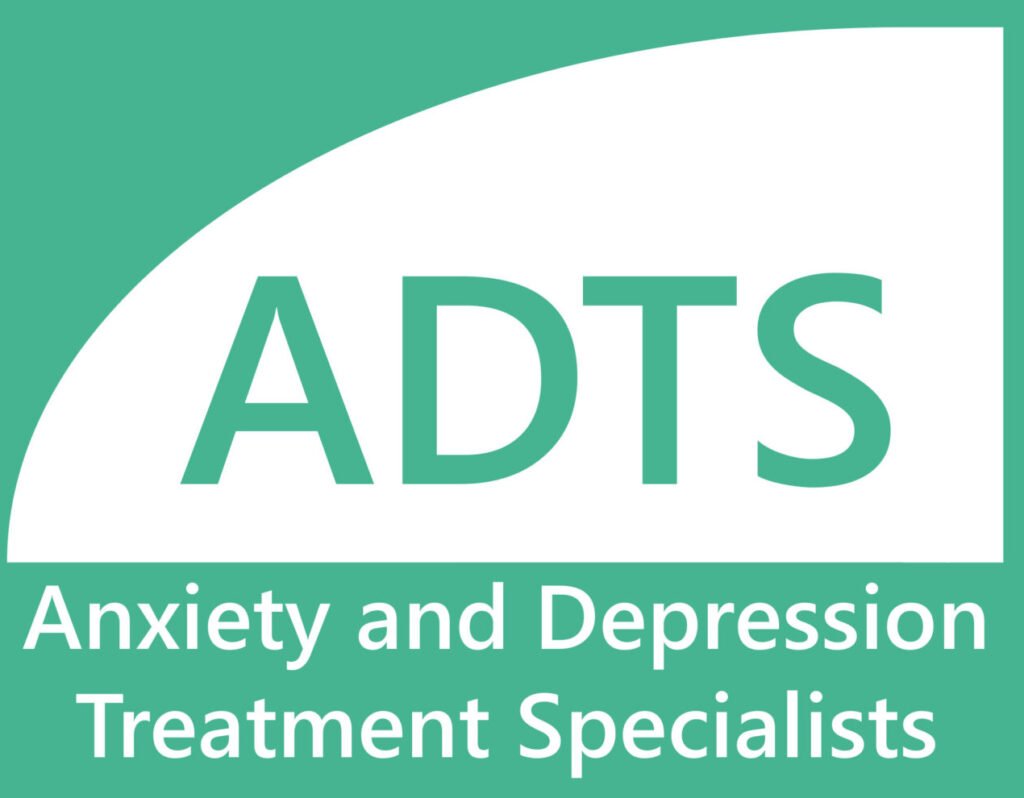Key points
- Procrastination often reflects emotional avoidance; CBT targets thoughts and behaviors that maintain delay.
- Practical CBT tools — behavioral activation, stimulus control, exposure, and cognitive restructuring — reduce procrastination, anxiety, and related guilt.
- If you’re seeking treatment, evidence-based cognitive behavioral therapy in California is effective and accessible.
Understanding avoidance, procrastination, and guilt
Often times, people believe the task they need to do will be dreadful. This is part of what makes avoidance so tempting (e.g., why would anyone want to do a dreadful task?), but this mentality also leads to guilt and anxiety. Getting started on the task is often the most difficult part, but it can be rich with learning opportunity. For example, is the task really as dreadful as the mind says it will be, or is it easier than you thought? Even if the task is difficult, can you cope with that difficulty, persevere, and make progress on the task?
Procrastination is best understood as difficulty self-regulating due to negative emotions (fear of failure, anxiety, self-criticism, dread) and decisions that prioritize short-term relief over long-term goals (Steel, 2007). Guilt commonly co-occurs: people delay tasks to avoid unpleasant feelings, then feel guilty for delaying, which paradoxically can increase anxiety, self-criticism, and avoidance (Steel, 2007).
CBT strategies that move you from avoidance to action
Behavioral activation and exposure: start with very small, scheduled actions, such as the “5-minute” rule – just commit to doing 5 minutes of the task. You can genuinely stop after 5 minutes, and you will have accomplished something. If you decide to do more than 5 minutes, that’s even better, and you may learn the task isn’t as bad as your mind made it out to be. From there, you will make progress on your task and can gradually increase the duration or difficulty to rebuild mastery and break avoidance cycles. Randomized and guided internet-CBT trials show behavioral activation and structured task exposure can help reduce procrastination (Amarnath et al., 2023).
Stimulus control and planning: alter your environment (remove distractions, create cue-based routines) and use implementation intentions (“If X, then Y”) to convert intentions into behavior — approaches shown to improve task initiation (van Eerde & Klingsieck, 2018).
Cognitive restructuring: identify self-critical or catastrophic thoughts that fuel delay (“If my work isn’t perfect, it’s a failure and not worth doing”), and test alternative, balanced thoughts to reduce avoidance and guilt (“I don’t expect my work to be perfect, but I do expect to make at least a little progress.”). Meta-analytic work finds that CBT can reduce procrastination (van Eerde & Klingsieck, 2018).
Managing guilt and sustaining change
Practice self-compassion instead of self-criticism (Neff, 2023), being kind to yourself while understanding that procrastination happens to everyone and believing that you can overcome it.
Finding help
If you want guided support, cognitive behavioral therapy in California is an excellent choice. Experts in CBT can help you reduce procrastination and help you achieve both your cognitive-emotional and practical goals. Also, along the way, consider practicing self-compassion instead of self-criticism (Neff, 2023) – be kind to yourself with the understanding that everyone procrastinates at least a little bit, and believe in yourself to improve or overcome your procrastination.
References
Amarnath, A., Ozmen, S., Struijs, S. Y., de Wit, L., & Cuijpers, P. (2023). Effectiveness of a guided internet-based intervention for procrastination among university students – A randomized controlled trial study protocol. Internet Interventions, 32, 100612. https://doi.org/10.1016/j.invent.2023.100612
Neff, K. D. (2023). Self-Compassion: Theory, Method, Research, and Intervention. Annual Review of Psychology, 74, 193–218. https://doi.org/10.1146/annurev-psych-032420-031047
Steel, P. (2007). The nature of procrastination: A meta-analytic and theoretical review of quintessential self-regulatory failure. Psychol Bull 133: 65-94. Psychological Bulletin, 133, 65–94. https://doi.org/10.1037/0033-2909.133.1.65
van Eerde, W., & Klingsieck, K. B. (2018). Overcoming procrastination? A meta-analysis of intervention studies. Educational Research Review, 25, 73–85. https://doi.org/10.1016/j.edurev.2018.09.002


